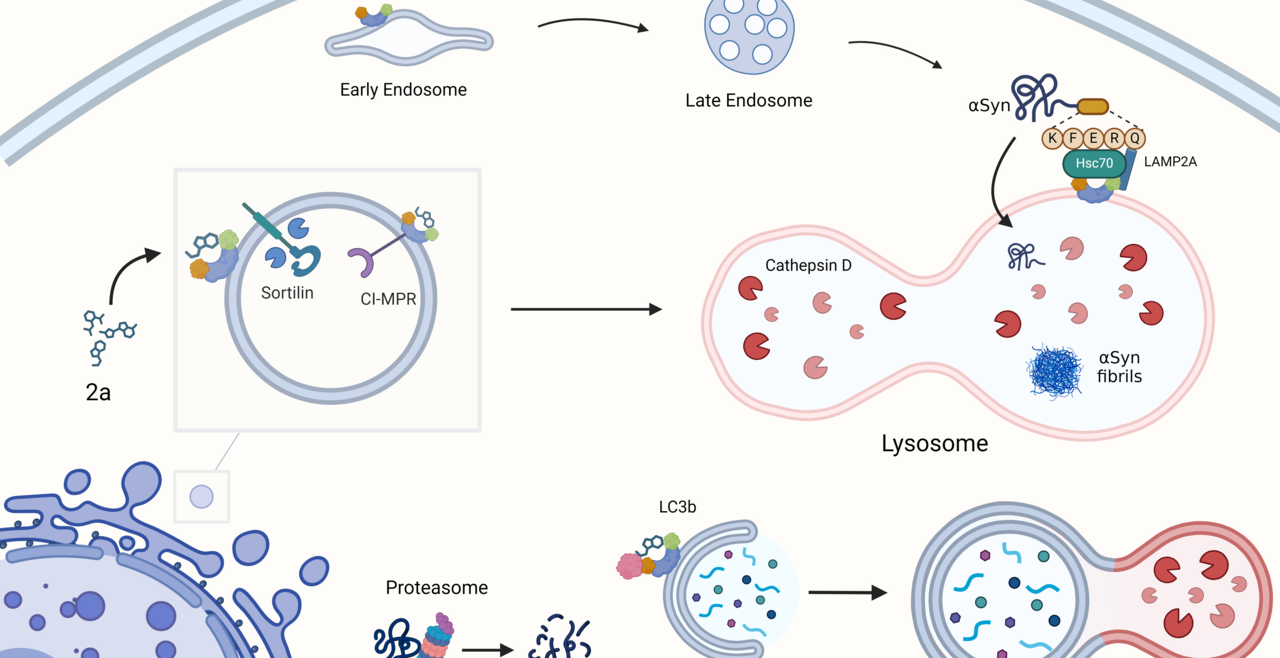Our mission is to push the boundaries of research to support wellness in those living with neurodegenerative diseases, particularly Parkinson's disease. We are committed to advancing understanding and treatment options, driven by a vision of improving the quality of life for patients. We actively seek creative and passionate scientists to join us in this noble pursuit— we aim to make a lasting impact on the future of neuroscience and contribute to advancement in this vital field.
Methodology
The Simon lab uses a combination of traditional and novel laboratory techniques to test compounds for potential neuroprotective abilities in mice models of Parkinson's disease. Frequently used techniques include cell and tissue culture for in vitro studies, stereotaxic surgery and injection, protein analyses and quantification, and more. Check out our current projects to learn more about our protocols.
Lab Protocol
Our members are trained and certified to utilize advanced laboratory techniques. We work with BIDMC, the Institutional Animal Care and Use Committee (IACUC), and the Collaborative Institutional Training Initiative (CITI) to ensure that lab members know the most up-to-date laboratory safety practices. Please visit the main BIDMC web page to learn more about policies and practices.
Education
Members attend regular lab meetings and seminars, journal clubs, and other events such as annual BIDMC research retreats. We often attend and present at national conferences such as the Society for Neuroscience (SfN) Annual Meeting. Additionally, members regularly attend joint lab meetings to spur collaboration and identify novel research avenues.
Outreach
Our mission is to expand the scope of Parkinson’s disease research through innovation and collaboration. The Simon Lab values teamwork and shared expertise, working with institutions and professionals across disciplines to drive progress. We actively recruit new members and welcome diverse perspectives to advance understanding, develop new therapies, and create meaningful impact for those living with Parkinson’s
Our Collaborators
USP30 as a potential therapeutic target in Parkinson's disease
Multi-omics approaches to Parkinson's disease



